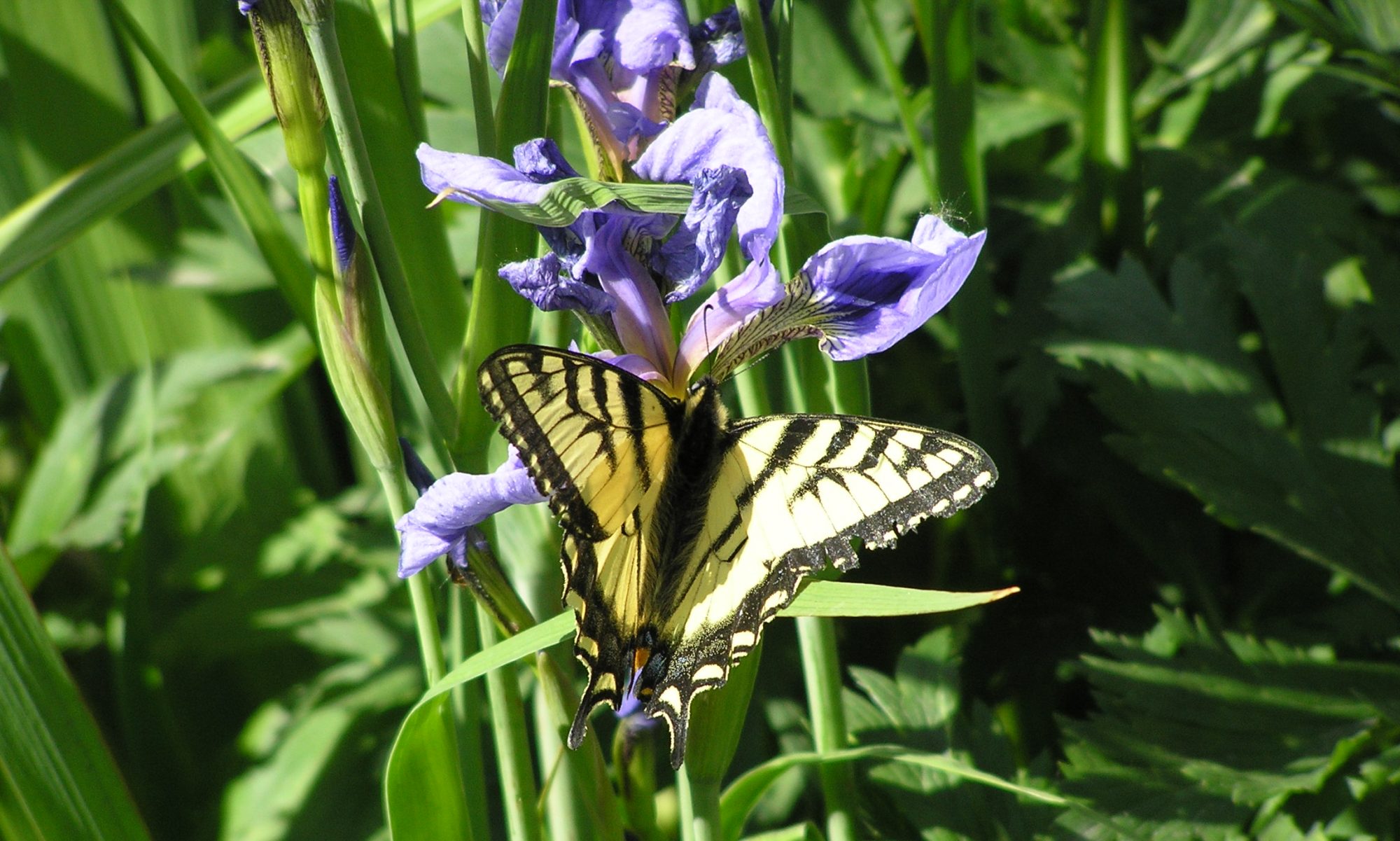This was not going to be the subject of my next blog post but a recent observation pushed it to the top of the list. As proposed development of the Coastal Plain of the Arctic National Wildlife Refuge (ANWR), also known as the birthing ground of the Porcupine Caribou Herd, moves forward I am noticing a very disturbing trend. More and more people in leadership positions (our Congressional Delegation and Governor Walker in particular) are not only referring to the birthing grounds as “the 1002’; they are no longer even using the acronym ANWR to describe the location of this oil and gas development. This use of distancing language is of grave concern because the term “1002’ is so far removed from what is actually in question, land, animals and people, as to be completely meaningless to all but the tiny number of people who have actually read the part of the Alaska National Interest Lands Conservation Act (ANILCA) that 1002 refers to. When “1002’ is used instead of ANWR those who knew what ANWR stood for, and were therefore perhaps somewhat concerned about its future, will no longer make the connection that this development is going to take place in an extremely fragile location inside a wildlife refuge.
Throughout history distancing language has been a very powerful tool of colonialism. Indigenous Peoples were called “savages’ and could then be treated with less (or often no) respect and empathy. Native place names were changed and in turn those places lost the respect that they had commanded because their true names, which told important things about their history and purpose, had been erased. Racial labels were applied to different groups that allowed other groups to feel superior and that sense of superiority (and the fear of losing it) translated into support for exclusion laws, fascism, apartheid, and Jim Crow laws along with many other examples of dehumanizing regimes that harmed entire groups of people.
The weapon of colonial language diversions is still in use all around us today. Animals and birds are no longer living beings but rather they are now “natural resources’. Your home is “an investment’ rather than the place where you live and raise a family and therefore something you might lose because investments fail. “Natural resource extraction’ has taken the place of less palatable but much clearer words like “mining’ or “oil drilling’. Employees are now “human resources’ which makes it easier to disregard their needs as people. This list could be much longer but the underlying dehumanization is clearly there.
Can we dehumanize something that isn’t actually human such as an important area of land like the birthing grounds in the ANWR? If we take the viewpoint that all animals are equal in having needs, and that includes the human species of animals, we can see that dehumanizing may be too narrow but it is the best word we have to get started. If we take concern for life and place out of an equation by eliminating important information from the calculation it makes it oh so much easier to destroy life and place and that kind of action has a dehumanizing effect on us all. Calling something other than what it really is has allowed all sorts of evil to take place around the world. Perhaps we cannot actually dehumanize something that is not human but we can certainly help people to think about it in ways that will provide the same outcomes as dehumanization if we allow them to reduce something as complex and vibrant as the birthing ground of a very large caribou herd to four numbers.
How do we fight back? By politely but firmly demanding that the correct language be used so that everyone is properly informed, and always making sure we use it ourselves. Congress has decided to allow drilling in an environmentally sensitive area of a National Wildlife Refuge which is critically important to many species of birds and wildlife and especially to the Porcupine Caribou Herd which calves there on an annual basis. This is what they have said they want to do and this is how it should be presented to the public. They cannot be allowed to slide out of this by miss-informing the public. Whether it can be done “safely’ or “responsibly’ or “without environmental damage’ remains to be seen. We are not discussing that here. What we are discussing is the need for the public to be properly informed as to the location. “1002’ is meaningless in this regard.
Responsible development requires transparency at every step of the process. If a mine is going to use cyanide as part of its ore processing procedure it cannot just say it will use “chemicals’; the general public does not know enough about mining to make the connection with cyanide. If a development is going to create jobs the public needs to know “how many’, “for whom’ and for “how long’; just saying “jobs will be created’ obscures reality. Builders of a road must be clear about where they intend to put it; they cannot just say it will join up points A and B with no consideration of the route. Proponents of development in the ANWR have promised that it will be done responsibly; they need to begin with honest descriptions of where the development is going to take place so that the American public can make informed decisions about whether or not they support this. “The 1002’ is not an honest description of the birthing ground of the Porcupine Caribou Herd.
